People buy cars to make their lives easier, but getting a recall notice can be stressful. It can make you wonder if you’ve been putting yourself in danger. Car companies don’t mean to sell cars with problems, but sometimes issues appear after the cars are on the road. These problems can be dangerous or inconvenient, so car companies recall them. Here are the 10 most controversial auto recalls in history and what we learned:
Ford Pinto
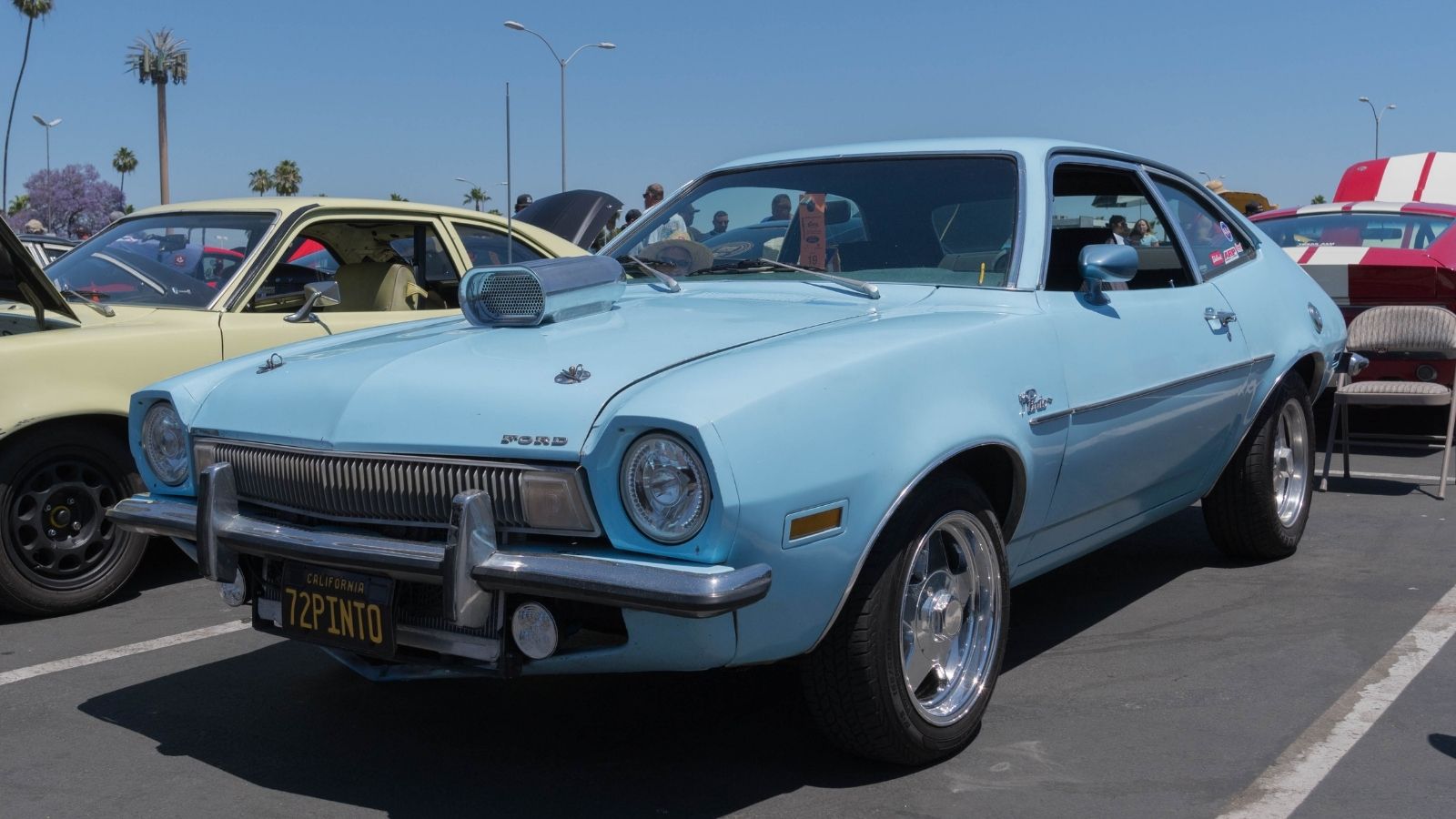
In 1978, Ford had to recall about 1.5 million models of the Ford Pinto because a major issue was seen in the fuel filler neck, which could lead to the risk of separation in the event of a rear-end collision. The separation of the neck would cause fuel to be released into the passenger seats, which could easily ignite and lead to multiple fatalities. It was reported that Ford was aware of the issue but sold the cars despite high-risk issues. This was highly controversial because it meant that Ford deliberately sold cars that led to 27 deaths because of the issue and a landmark lawsuit payment of over a hundred million dollars in damages.
Volkswagen’s Windshield Wipers
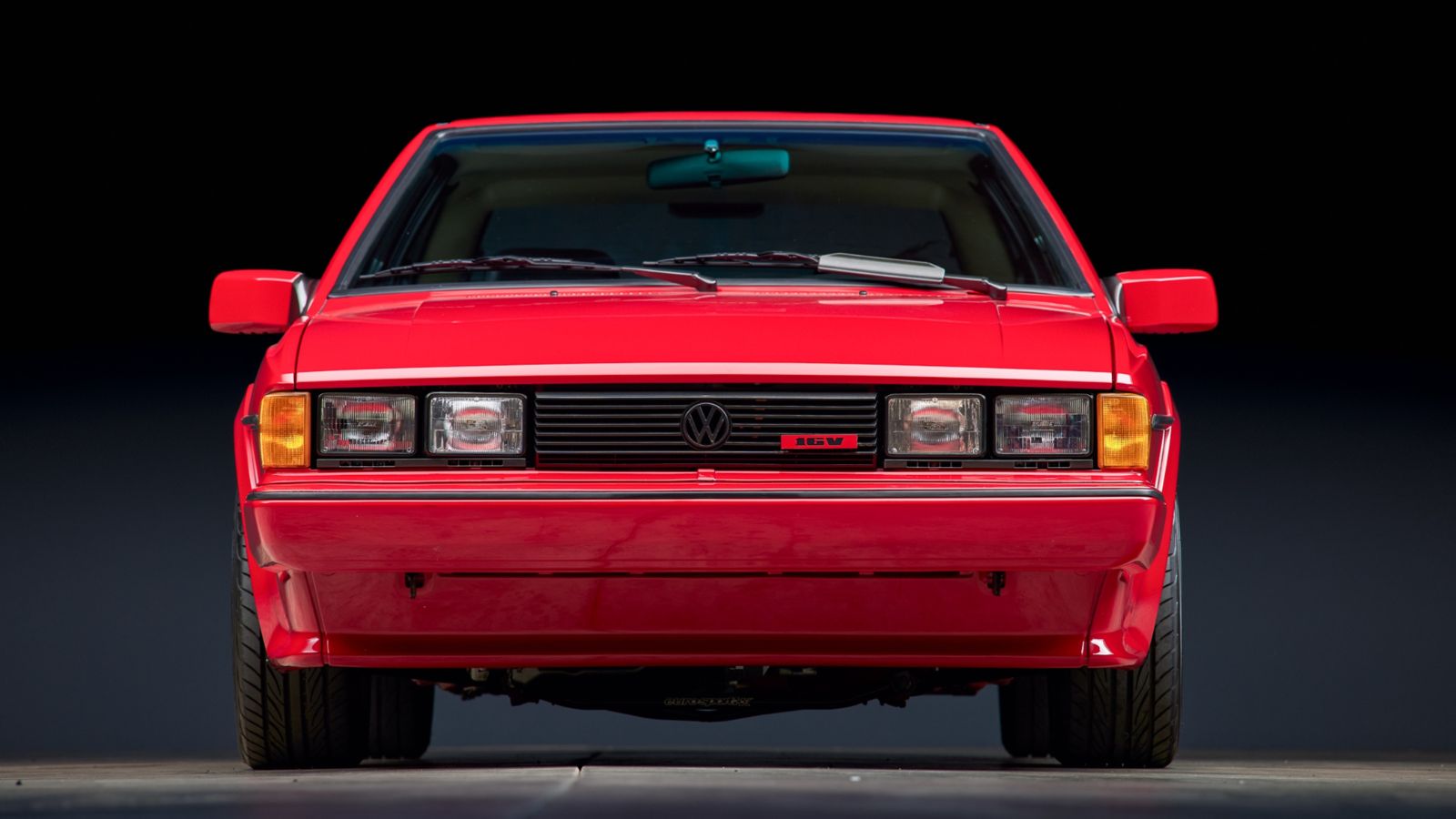
In 1972, Volkswagen recalled 3.7 million cars, including cars produced for two decades. This was because it was reported that the windshield wipers of the cars became loosened, which decreased road visibility during harsh weather conditions. One of the most controversial aspects of the recall was that Volkswagen expected the car owners to pay for the replacement or repairs of the windshield wipers even though it was a manufacturing issue. This angered many car drivers, which raised many issues between the car dealers and the drivers.
General Motors’ Engine Mounts
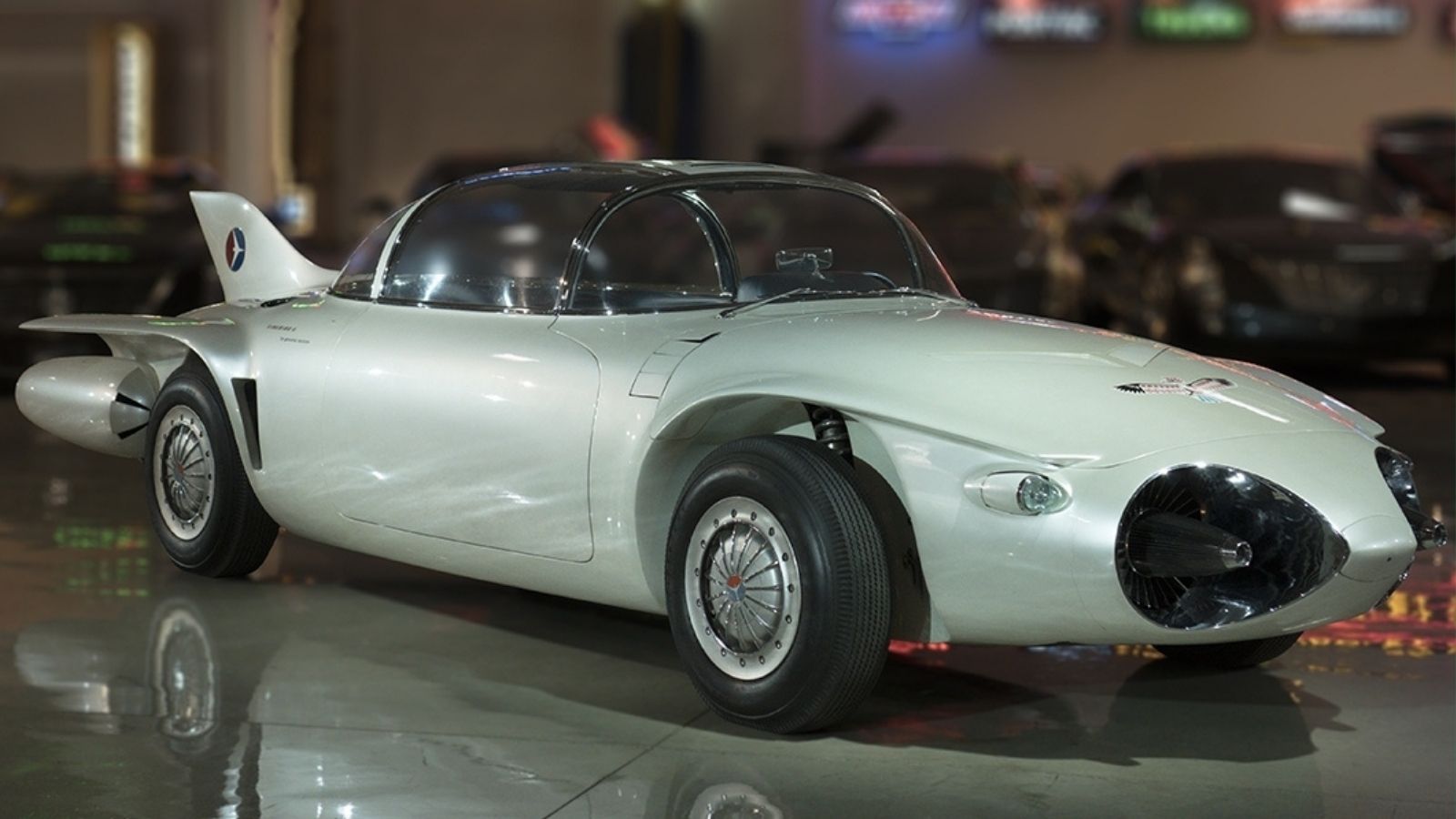
An issue with engine mounts can be more dangerous than you realize because it requires more force to stop the vehicle. In 1969, General Motors recalled over 6.6 million of its vehicles because there were increasing reports about faulty engine mounts. The faulty engine mount led to 63 accidents, which caused multiple serious injuries among drivers and passengers. Controversy arose when the automaker refused to recall the vehicles despite significant government pressure for them to do so.
Fiat Chrysler’s Cruise Control Malfunction
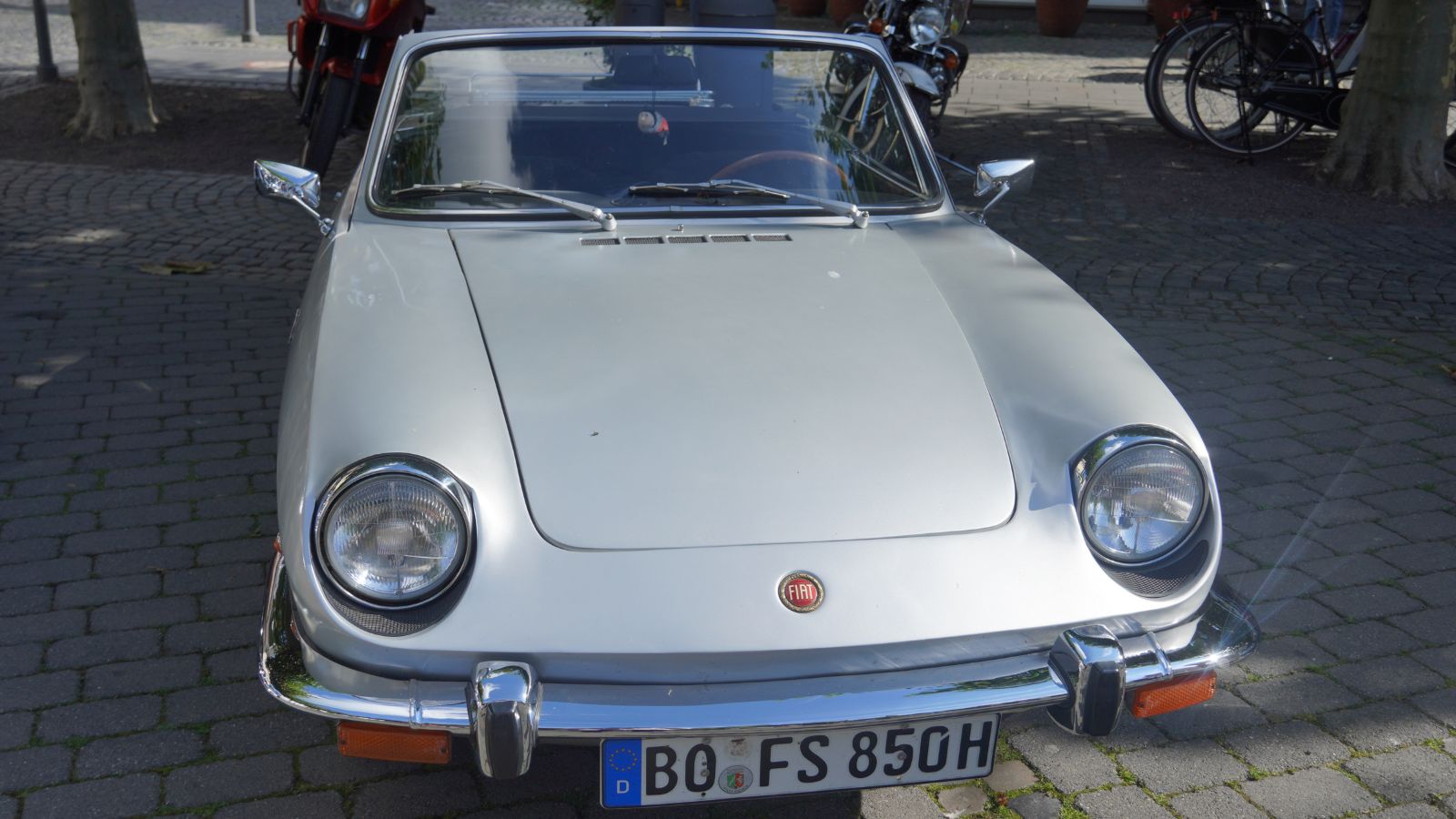
In 2018, Fiat had to recall about 4.8 million units of their Chrysler because of a cruise control malfunction that reduced the driver’s ability to control the vehicle because they could not turn off the cruise control. This means the cars maintained a certain speed, making it challenging to slow down or break in time. The automaker was able to take corrective action by fixing the software glitch. However, the large recall also already affected many other car models.
Honda’s Faulty Seatbelts
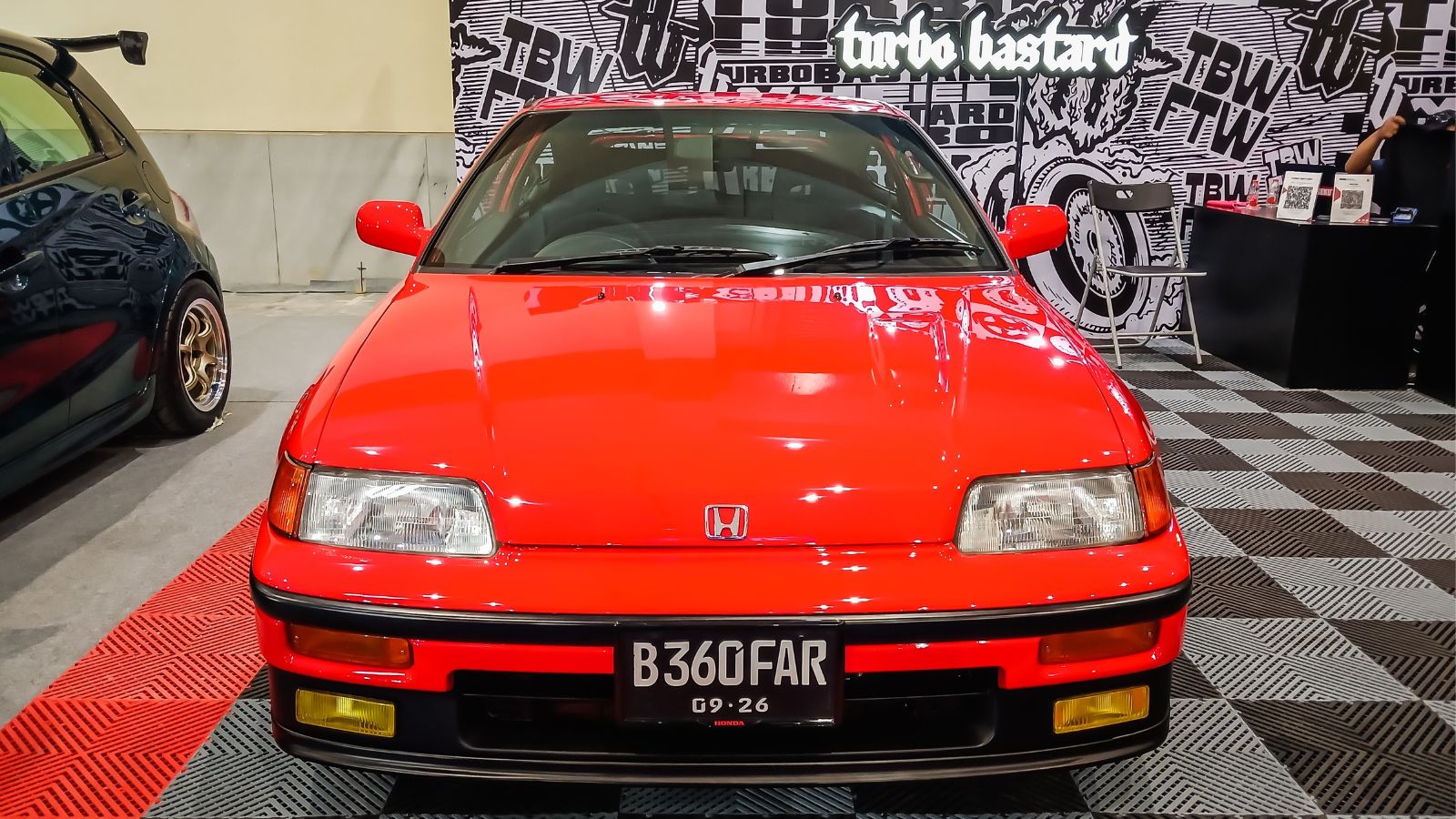
Honda vehicles are highly regarded by drivers worldwide because of their reliability and performance. Honda recently recalled approximately 300,000 vehicles due to faulty seat belts. The recall affected select 2023 and 2024 model Honda Accords and HR-Vs. The issue was with the front seat belt pre-tensioners, which were assembled without a necessary rivet. This could have potentially increased the risk of injury in a crash.
Toyota’s Pedal Entrapment
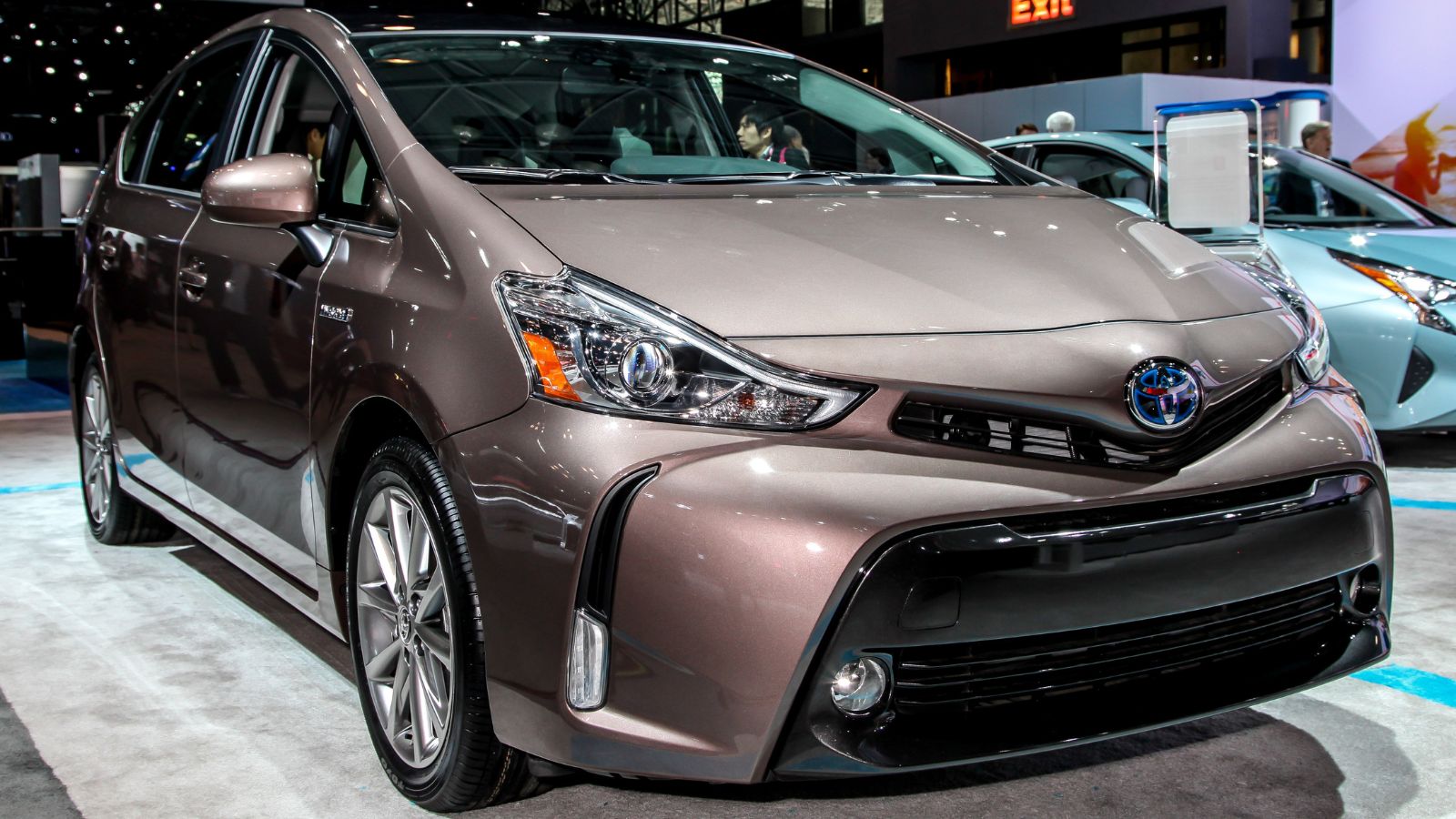
About 9 million Toyota units were recalled in 2010 because of the significant driver safety concerns that arose when there were multiple reports of the removable floor mats in the car slipping forward and trapping the gas pedal. This led to unintentional acceleration and 89 deaths that were linked to the mat entrapment issue. Toyota reconfigured the accelerator pedals in the car and replaced the floor mats to prevent unwanted acceleration. However, the damage had already been done. The automaker had to pay over $16 million because of its delayed response and suffered a massive blow to its reputation.
Ford’s Ignition Switch
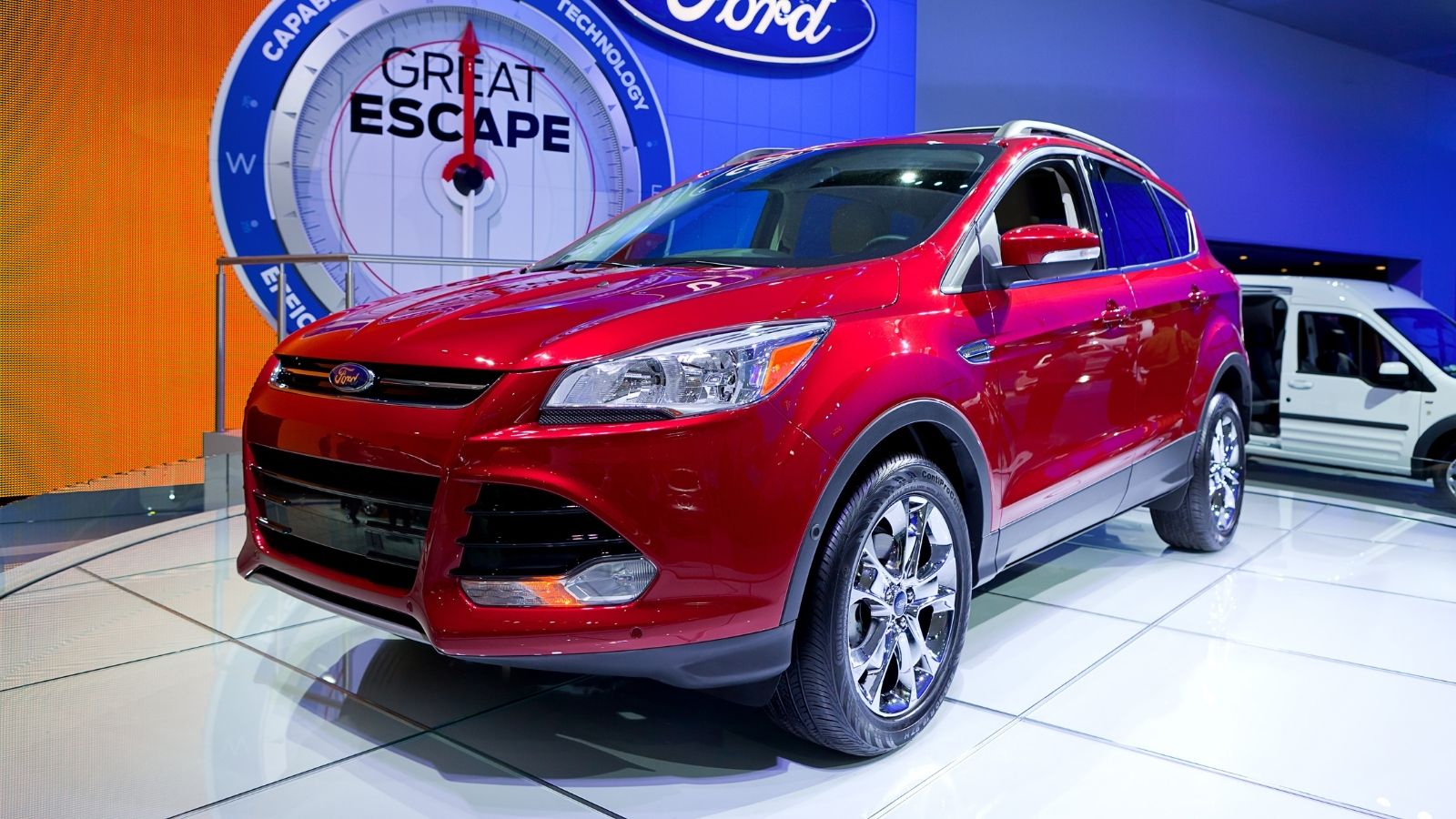
In 1996, Ford made one of the largest recalls in the automotive industry, with 22.7 million cars being recalled by the automaker. The recall was made when there were reports of fires triggered by a faulty ignition switch, which caused minor injuries to some drivers. The issue was caused by the short-circuiting of the faulty ignition switch, which led to the fires. This recall included some of the automaker’s most popular car models, which led to a big hit on the automaker. The recall began with over 8 million cars and another 14 million cars a few months after discovering that some cars had brake pedal issues that would overheat and potentially cause fires.
Volkswagen’s “Dieselgate”

In 2016, Volkswagen faced a significant scandal, leading to about 11 million vehicles being recalled. The recalled cars were reportedly fitted with diesel engines, including software installations that enabled the car to evade the EPA emission standards. This was a major scandal that rocked the automotive industry because it was one of the first of its kind, costing the automaker approximately $40 billion in settlements, buyback costs, and penalties. The automaker was forced to install new hardware modifications to correct the issues and meet the required standards.
General Motors’ Design Flaw
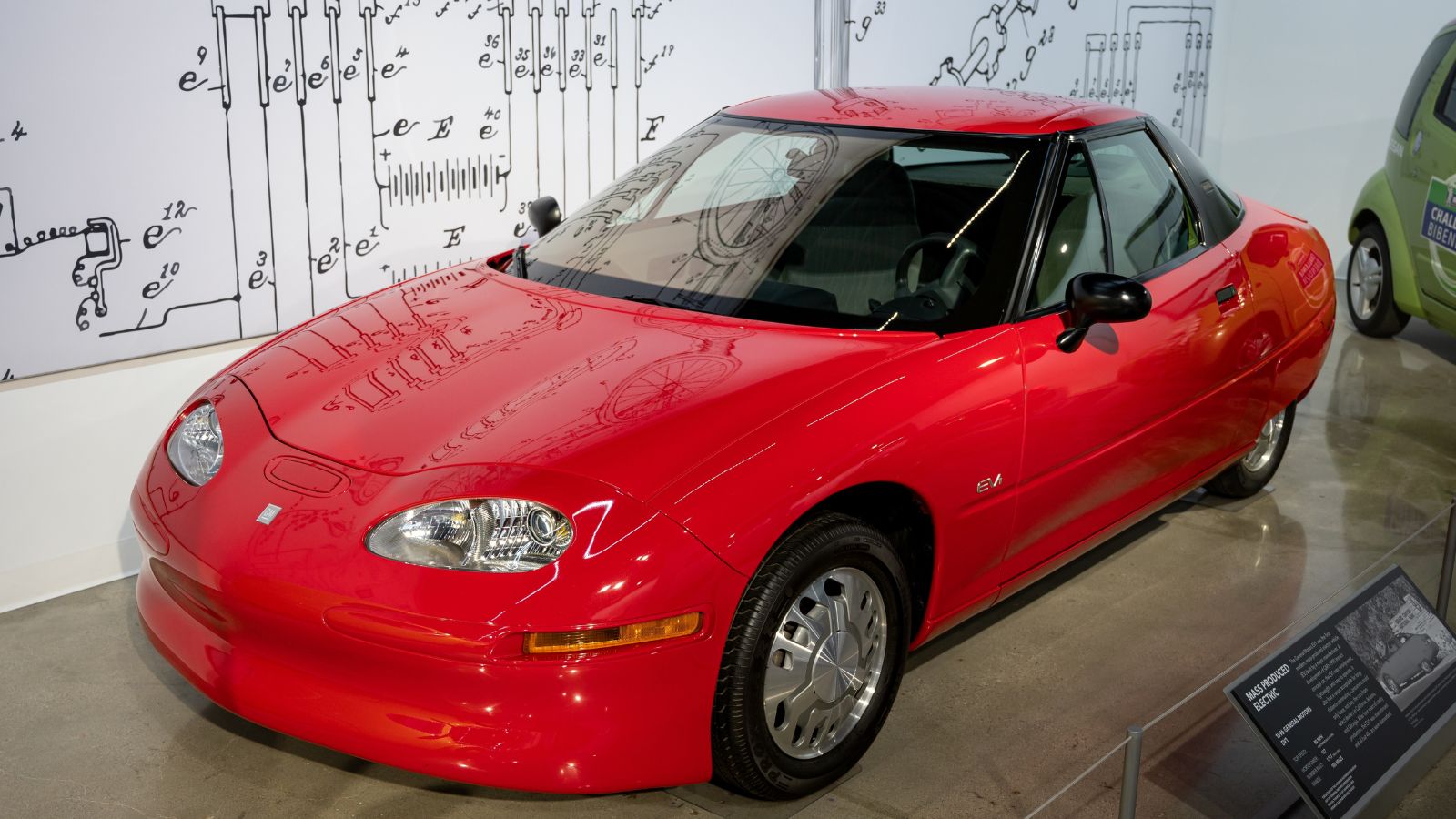
One of the longest auto recalls in the industry occurred between 2006 and 2014 when General Motors had to recall nearly 30 million vehicles in total because of several known design flaws that emerged over the years. These recalls began in 2007 when some of the automaker’s cars were found not to meet federal safety standards. The next round of recalls occurred in 2010 because of faulty power steering systems and finally ended with the automaker agreeing to make required repairs in 2014 to their cars. It was also found that there were faults in the ignition switch since 2004, but the automaker replaced the defective parts only in 2006. General Motors lost about $2.5 billion in costs and compensations.
Toyota’s Window Switches
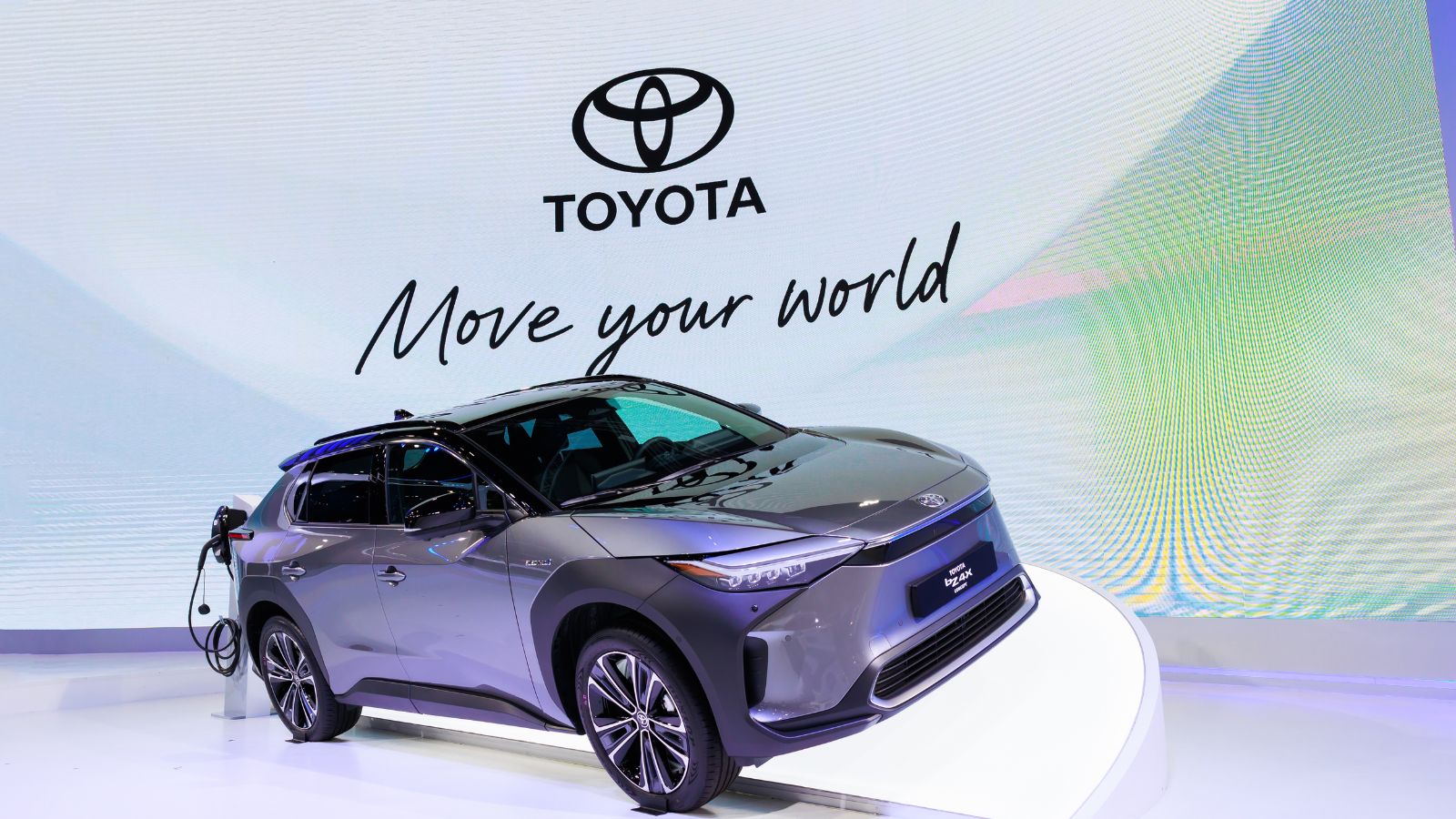
In 2015, it was discovered that some of the cars produced by Toyota between 2005 and 2010 had faulty window switches that could potentially catch fire, leading to a recall of about 6.5 million vehicles. This was a global recall for specific models needing window switches replaced because they could short-circuit and catch on fire. It was revealed that the leading cause of the short circuit was insufficient grease on some models during manufacturing. This could have led to hazardous situations; luckily, there were no serious injuries because of the faulty switches.
12 Cars That Are Known for Their Unbreakable Reliability — They Just Don’t Quit
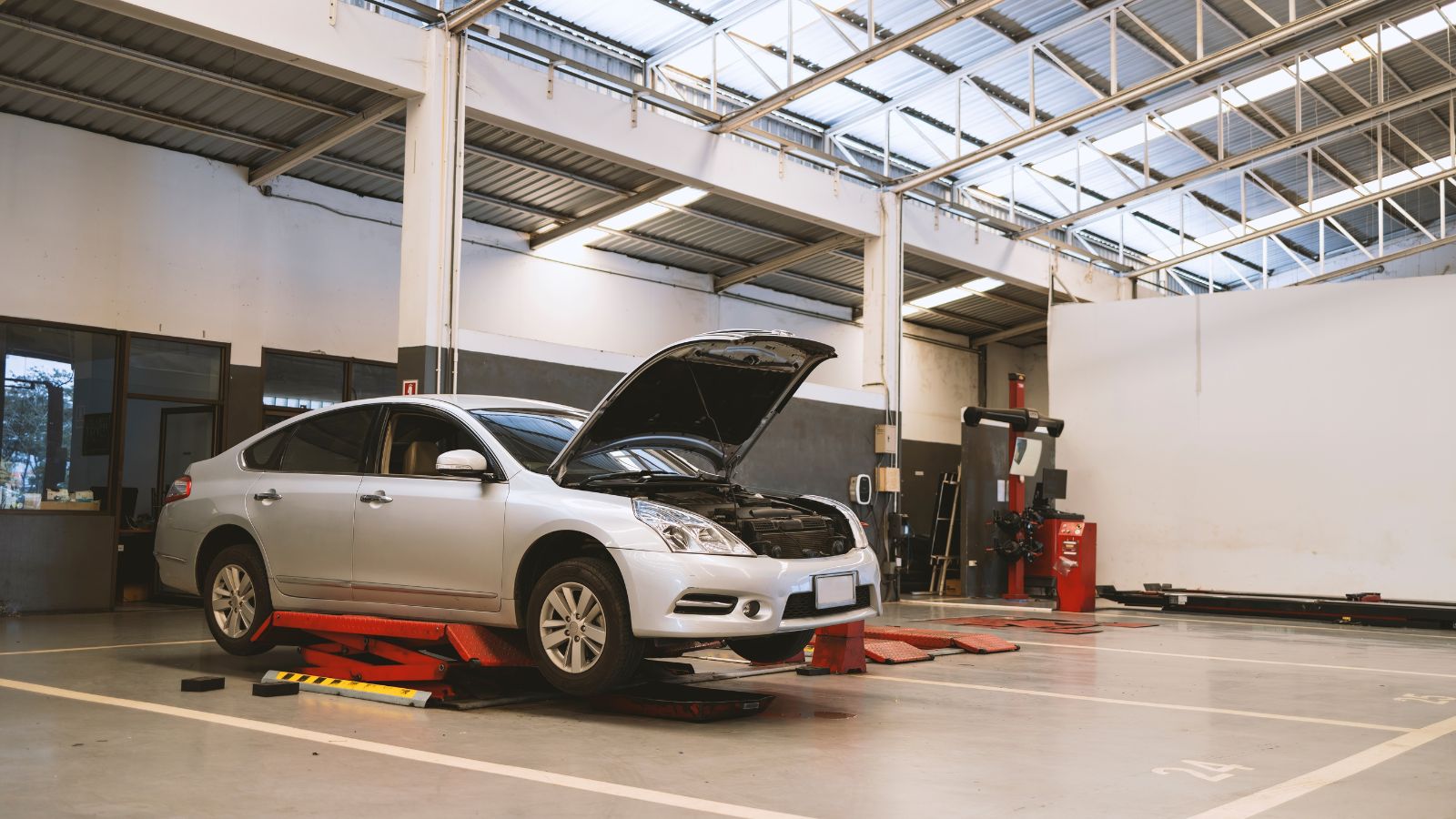
Reliability is a core feature that defines a vehicle. Over the last few decades, some vehicles have emerged as a reliable and durable option, standing out as workhorses that never quit. These vehicles not only prove themselves in terms of performance but transcend their role and become reliable partners, always fulfilling their role. Here are 12 Cars known for their unbreakable reliability.
12 Cars That Are Known for Their Unbreakable Reliability — They Just Don’t Quit
